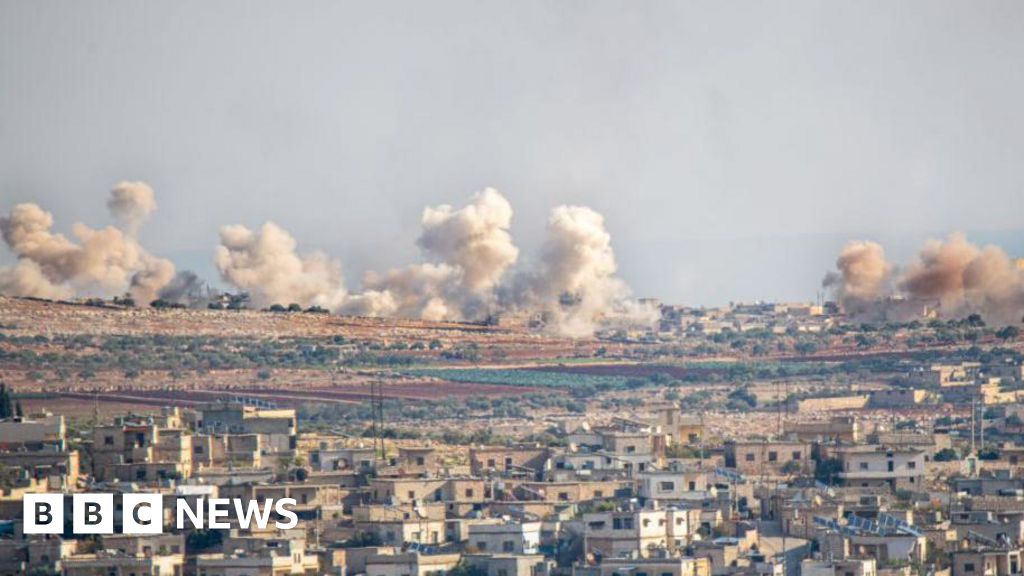The reignited war in Syria is the latest fallout from the turmoil that has gripped the Middle East since the Hamas attacks on Israel on 7 October last year.
The attacks, and Israel’s response, upended the status quo. Events in Syria in the last few days are more proof that the war gripping the Middle East is escalating, not subsiding.
During a decade of war after 2011, Bashar al-Assad’s rule survived because he was prepared to break Syria to save the regime he had inherited from his father.
To do that he relied on powerful allies, Russia, Iran and Lebanese Hezbollah. They intervened on his side against rebel groups that ranged from the jihadist extremists of Islamic State to militias supported by the US and the rich Gulf monarchies.
Now Iran is reeling from severe blows inflicted by Israel, with US support, on its security in the Middle East. Its ally Hezbollah, which used to send its best men to fight for the Assad regime in Syria, has been crippled by Israel’s attacks. Russia has launched air strikes in the last few days against the rebel offensive in Syria – but its military power is almost entirely earmarked to fight the war in Ukraine.
The war in Syria did not end. It dropped out of the place it used to occupy in headline news, partly because of turbulence across the Middle East and beyond, and because it is almost impossible for journalists to get into the country.
In places the war was suspended, or frozen, but Syria is full of unfinished business.

